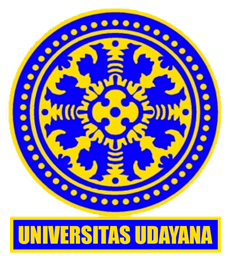Exploration of Ergonomic Aspect in Nursing Care through Participatory Ergonomic Approach
Abstract
The participatory ergonomics approach is a process that involves people who aim to explore in depth the aspects that influence the problems faced in a group. Nurses are a professional group of health workers who have a high potential for experiencing musculoskeletal disorders as a result of manual activities. Nurse activities such as lifting, pushing and moving patients in an effort to provide nursing care require great energy. This research is an explorative study with a cross-sectional study design that aims to explore problems and conduct studies based on eight ergonomic aspects of providing nursing care. The research was conducted at RSU (General Hospital) Bangli with 30 respondents as implementing nurses who worked in services. Focus Group Discussion (FGD) is a method used to obtain information about ergonomic aspects that have the potential to cause complaints to nurses in providing nursing care. The instrument used in this research is the steps of the workshop implementation from Manuaba. Problem analysis is carried out then prioritized based on Urgent, Important and essential. Six (6) issues were raised in the discussion, including; work attitudes, work facilities, workload, nutrition, work environment, information conditions and social conditions. Based on the priority scale, the improvement of work attitudes is the top priority to be addressed and improvement suggestions in the form of socializing ergonomic work postures to nurses at RSUD (General Hospital) Bangli. This research was carried out up to the proposed improvement stage, so that in further research the implementation stage could be carried out in order that an evaluation of the effectiveness of the proposed improvements could be carried out. Further research can be focused on proposed improvements for aspects that still have potential hazards apart from aspects of work attitude that have been discussed in this study.
Downloads

This work is licensed under a Creative Commons Attribution 4.0 International License.










(1).png)


